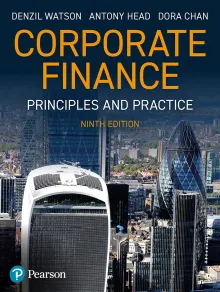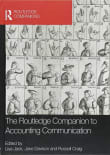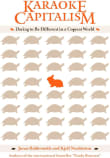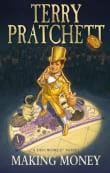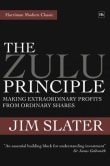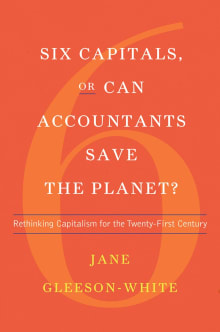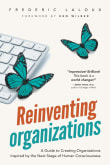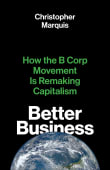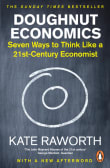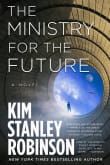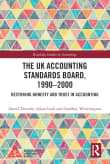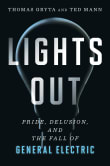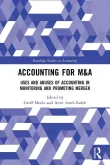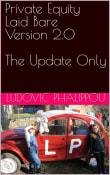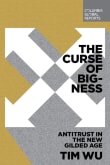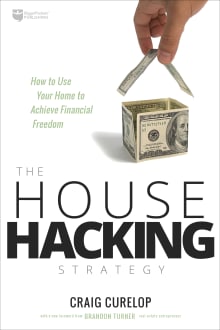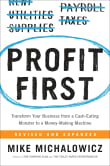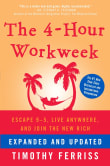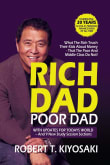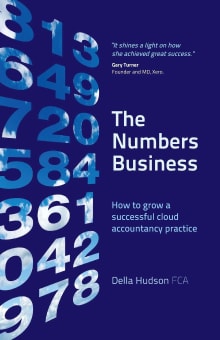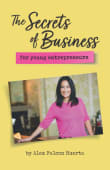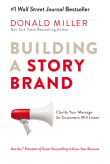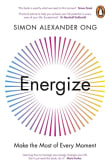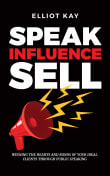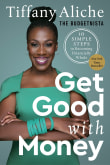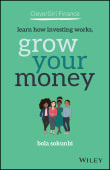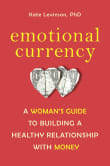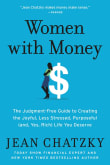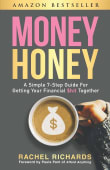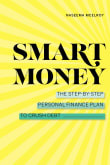
From my list on making finance interesting and engaging (especially if you’re not an academic).
Why am I passionate about this?
We first met about 10 years ago at Sheffield Hallam University, bonding as work colleagues over a love of enabling students to understand wealth management and finance in a way that we hoped they would find interesting and accessible. The books we chose mix our love of storytelling and making finance accessible by using real-world experiences. They do this in a unique way, challenging the reader to think about their understanding and perspective, something we try to do every day. It has been lovely to reread these books before writing the reviews, reminding us of what makes us tick. We hope they help you to find your tick too.
Ian and Michelle's book list on making finance interesting and engaging (especially if you’re not an academic)

Why did Ian and Michelle love this book?
We like this book because it has a “reader-friendly” style, which is particularly important for anyone unfamiliar with the subject. This also makes it practical for students of all levels and those interested in exploring a new area of interest.
The main topics of corporate finance are covered, giving detailed explanations of key principles while considering real-life situations by utilising practical examples to illustrate the issues explored. It provides an effective bridge between theory and practical application of techniques used by professional managers to achieve corporate objectives. The inclusion of questions for review and discussion allows the reader to self-test and reflect on their understanding and encourage critical thinking.
Our advice, brew a big mug of tea and make a start.
1 author picked Corporate Finance as one of their favorite books, and they share why you should read it.
Familiarise yourself with the core concepts surrounding Corporate Finance with this reader-friendly text.
Corporate Finance: Principles and Practice, 8th Edition by Denzil Watson and Antony Head, is a comprehensive guide to the field, introducing you to the key topics and basic areas of Corporate Finance. This thoroughly updated edition is ideal for students in accounting, business, or finance-related studies at undergraduate, postgraduate, and professional levels.
Written and structured in a reader-friendly style for those new to the subject, the book explains clearly and step-by-step the essential principles and mathematical techniques needed without burdening you with unnecessary detail. The questions for…
